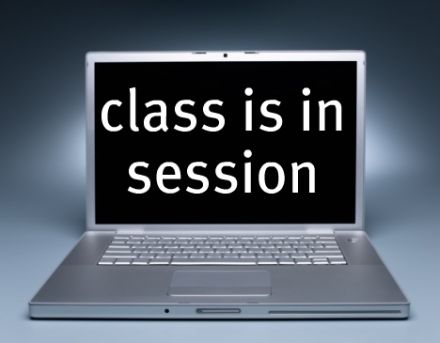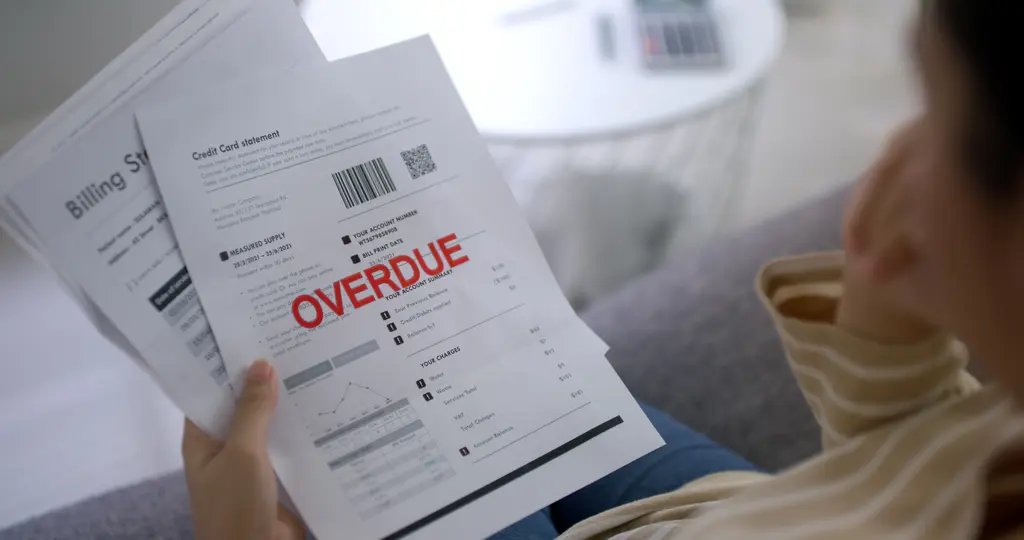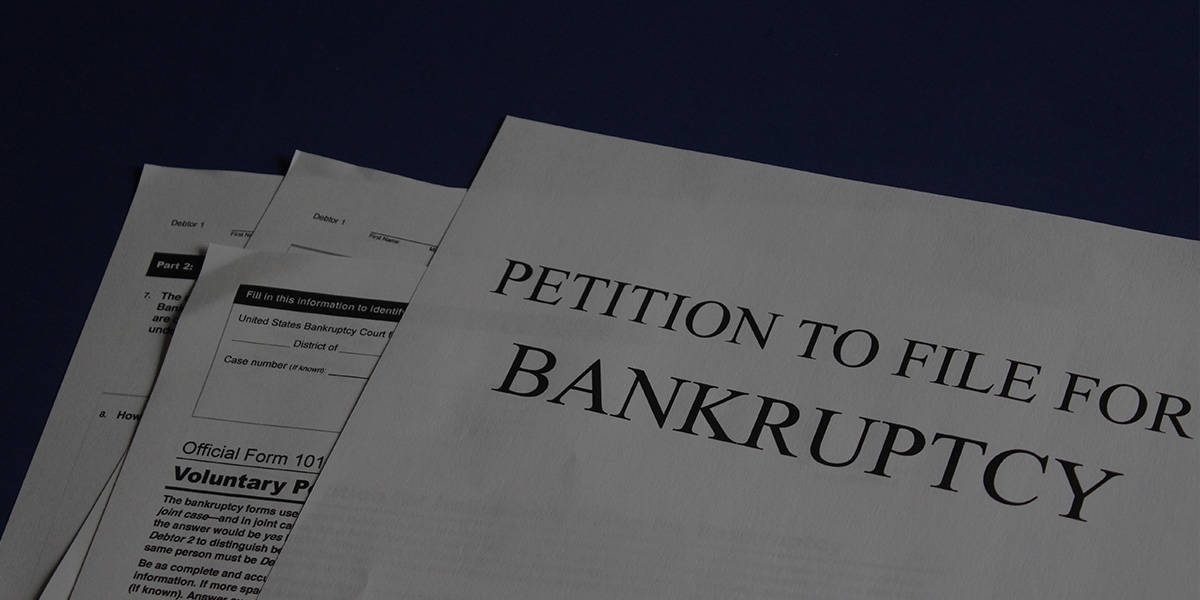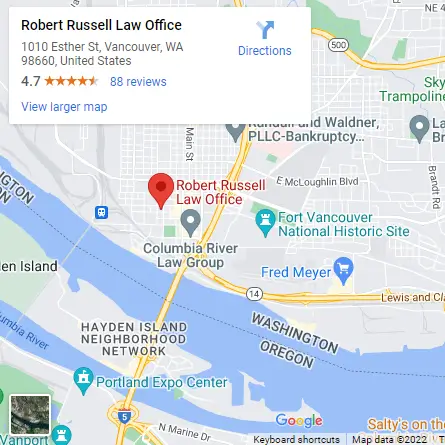Two Bankruptcy Classes/Certificates
There are two classes that a consumer bankruptcy debtor must take to file bankruptcy and then obtain a discharge of debt. The first class is described as “Credit Counseling”. The second is for “Debtor Education”.
- CREDIT COUNSELING: The Credit Counseling class requires a debtor to provide income and expenses information. With this information the service provider will create for the soon-to-be the providers idea of what a reasonable budget might look like. The idea is that the provider will help the party see how much they really might have left over to pay creditors. The service provider also issues a certificate indicating that the party has completed this class. This certificate is require for non-business parties to file for bankruptcy. (I described this class as: “You give them information and they give you a certificate.”)
- DEBTOR EDUCATION: After a bankruptcy is filed, a debtor must complete this second class to obtain a discharge. This second class is quite useful. As the name implies, debtors are “educated” on financial matters including how to balance their bank accounts, etc. This information is useful for a debtor’s finances going forward. (I describe this class as: “They give you information and then they give you a certificate.”
How Long Does A Bankruptcy Class Take?
Each class takes about an hour. Classes can be taken online or over the phone. They can also be taken in person; however, there are no approved providers in the local area at this point.
How Much Do The Classes Cost?
The cost depends on which service provider you go with. The least expensive one we have found is at DebtorCC.org. That site charges $9.95 per person per certificate (as of the time of the writing of this article). The United States Trustee has a complete list of service providers here. You can go to each website to find one that fits your needs (costs, availability, etc). By federal law, the costs are disclosed up front. [NOTE: If your attorney is doing your case for free, most service providers will also waive their fee.]
Does Everyone Have to Take The Classes?
No. Debtors that do not have primarily consumer debt (i.e., have primarily business debt) are not required to take either class. Likewise, non-person bankruptcy filers (e.g., Corporations, LLCs) do not have to obtain the certificates.
How Do We “Attend” and Take The Class?
Almost every provider allows you to take the class online or by phone.
Certificates Must Be Actually Filed With The Court
If you take a class but the provider does not issue a certificate or an issued certificate is not filed with the court, then a debtor does not get credit for taking the class. That can be a real problem.
The Credit Counseling certificate must be filed when the case is filed. If not, the case can be dismissed.
A Debtor Education certificate must be filed before a Discharge Order can be entered. In a Chapter 7, that means the certificate must be filed no later than 60 days after the original 341 Meeting date. (NOTE: We tell clients the goal is to have the certificate filed no later than 45 days after the 341 meeting.) If the certificate is not filed in time, the court may close the case without a discharge. That means a debtor will have to pay $260 (as of today) to reopen their case to file the certificate. The $260 does not include any attorney fees incurred to do that extra work. In a Chapter 13, a debtor has the 3-5 years of the plan to take the class and file the certificate. A Chapter 13 case can also be closed without entry of a discharge with a filing fee and attorney fees to reopen and file the certificate for entry of a Discharge Order.
How Long Are Certificates “Good”?
Credit Counseling certificates are good for 180 days. That means that either you file bankruptcy within 180 days of receiving the certificate or you have to take the class again and get a new certificate. Debtor Education certificates do not have an “expiration date”.
Free Initial Consultation
If you have any questions and/or just want to come in to discuss your options, we offer a free consult. Just let us know.







